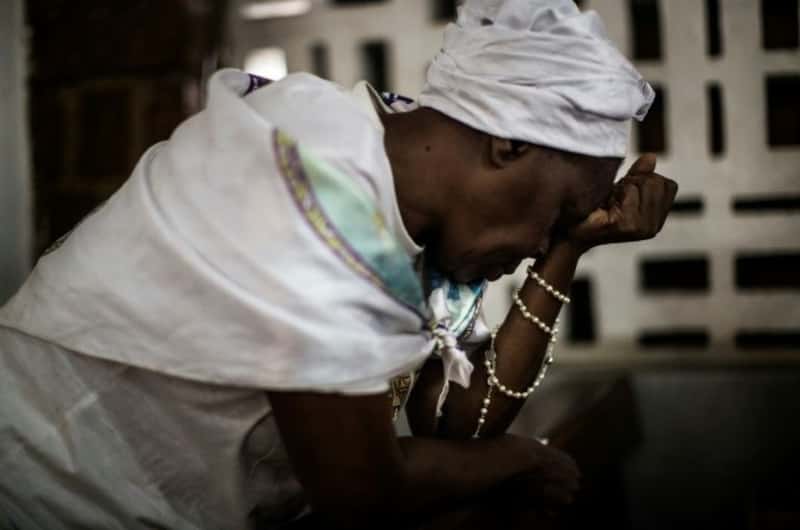×
The Standard e-Paper
Stay Informed, Even Offline

A Catholic woman prays in a church in Libreville, August 28, 2016. [AFP]
Church leaders in Gabon are engaged in a fierce tussle with the government as it prepares to re-open places of worship after months of coronavirus-induced closure, with restrictions deemed far too severe for poor families.